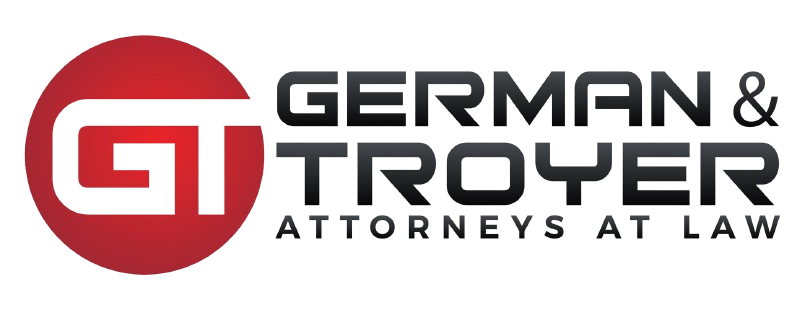Avoid These Common Bankruptcy Pitfalls
Facing bankruptcy is a daunting experience, often filled with stress and confusion. It's essential to recognize that bankruptcy can provide substantial relief and a chance for a fresh start. However, to make the most of this opportunity, it’s crucial to avoid common, yet detrimental, mistakes that could compromise your case.
One frequent mistake is failing to disclose all assets and debts. Omitting information can lead to the dismissal of your case or even charges of fraud. The legal system relies on complete transparency to function effectively. If you've overlooked any assets or debts, the best approach is to inform your attorney immediately so they can amend your petition accordingly.
Another error many make is transferring assets before filing. This can be seen as an attempt to hide assets, leading to potential fraud allegations. For instance, if you recently transferred a car title to a family member, it might be scrutinized under bankruptcy laws and even reversed. If you've done this, consulting with your lawyer to explain your intentions and rectify the situation is crucial.
People might also incur new debt just before filing, thinking it will be discharged. Unfortunately, recent debts often remain non-dischargeable, meaning you’ll still owe those amounts. It's advisable to halt all credit use and instead collaborate with your attorney to justify essential expenditures or adjust the timing of your filing.
A surprising number of individuals end up withdrawing from their retirement accounts, unaware that such funds are typically protected in bankruptcy until they're cashed out. Removing these funds results in a loss of their protected status and potential tax penalties, compounding financial woes. If withdrawals have occurred, immediately strategize with an attorney to manage your finances and explore possible corrective actions.
Delays in filing are another common blunder. Many individuals wait too long to file, worsening their financial distress and diminishing the protection of their remaining assets. Acting sooner often results in better preservation of assets. Analyzing your financial situation and discussing a suitable timeline with a bankruptcy attorney can help safeguard your possessions.
Lastly, going through bankruptcy without hiring an experienced bankruptcy attorney
is a risky maneuver. Navigating bankruptcy laws without expertise can lead to costly errors and even case dismissals. Hiring a qualified attorney ensures you benefit from tailored advice and guidance, greatly enhancing your likelihood of a positive outcome.
By acknowledging and addressing these common mistakes with proactive steps, you can enhance the effectiveness of your bankruptcy process and secure a new financial beginning.

